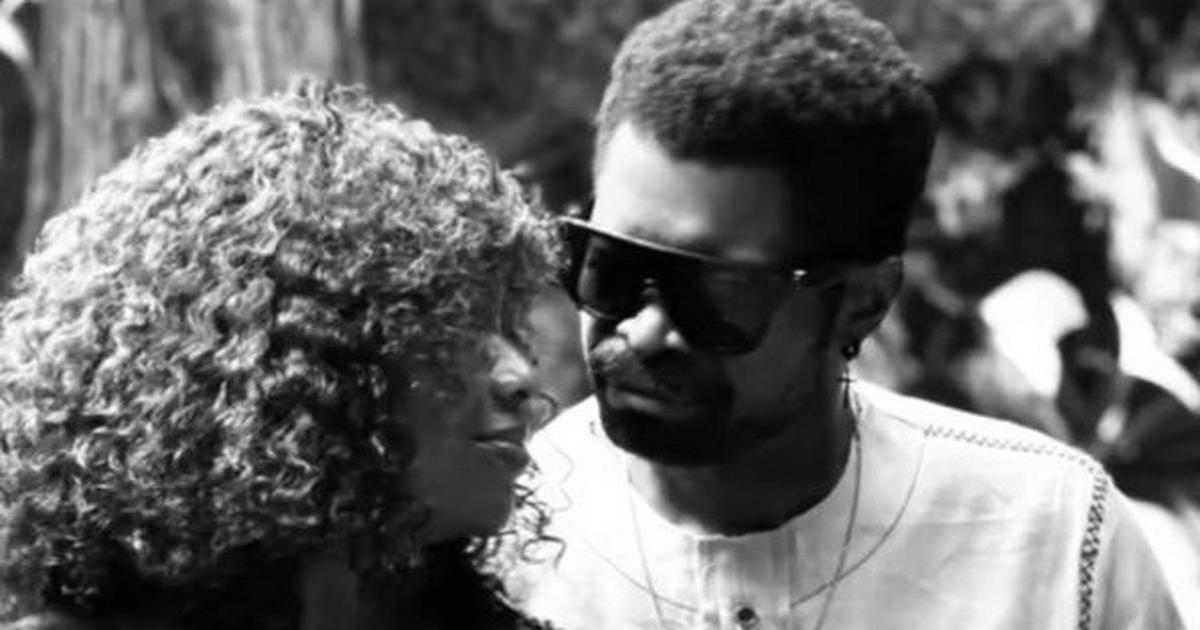Film marketing has been around for so long: from the days of mere film posters, DVD cassettes sold in traffic, radio advertisement, word of mouth, and today, we have digital campaigns on social media.
The marketing of films has undergone a significant transformation since the inception of cinema. As the industry has evolved, so too have the strategies employed to capture audience attention and drive box office success. With the competition rising every day, viral marketing emerged as a key strategy, with campaigns designed to generate buzz and shareability. Innovative tactics, such as interactive content, allow fans to immerse themselves in the film’s world before its release.
When does this become too much?
The big question is, when does it become too much? Do we have to stage fights, fake relationships, and scandals just to get people to watch our films?
Funke Akindele, a seasoned director, amassed great Box office numbers every year for the past five years. This success can be attributed to her unique style in film marketing. Akindele is renowned for her energetic and resilient approach, employing a consistent messaging strategy to build anticipation and interest. This involves strategic social media campaigns, and promotional materials distributed to some members of the public.
Now, while this doesn’t seem like a harmful move at all, it becomes concerning when you remember Jim Iyke and Uche Maduagwu, whose fight set the internet on fire with a plethora of speculations. Some were happy that Uche was put in his place as he is popular for his loud mouth and controversial take on celebrities in the industry. Well, a few weeks down the line, we see a movie trailer. The fight was staged to promote Jim Iyke’s movie, Bad Comments.
Only a few days ago, we saw a cryptic photo of Basketmouth with Victoria ‘MizVick‘ Eze. Although both of them have been colleagues from the soap opera Flatmates on DStv, netizens began with ridiculous speculations, accusing the duo of being involved romantically even before Basketmouth officially divorced from his wife, with some swearing that they are certain that their relationship must have caused his marriage to fail. Oh, what a day it was! The duo had no intentions to dispel the news as they both played into the rumour. In less than 48 hours, we see a movie poster, A Ghetto Love Story is coming. Again, a stunt was pulled to promote an upcoming film.
Earlier in the year, filmmaker Eniola Ajao and crossdresser & socialite, Bobrisky became internet sensation over Ajao awarding Bobrisky, the best-dressed female during her movie premiere, Ajanaku: Beast of Two Worlds. In her interview with Arise TV, she noted that the choice of Bobrisky was deliberate as a publicity stunt and marketing strategy to promote the movie.
Is this going to be the new norm? Should we endorse this?
Leveraging one’s influence and industry collaborations should be enough. I dare say, that causing an uproar on the internet hasn’t been proven to convert to immersive viewership when the film eventually gets released. One can build anticipation for their film without being negatively dramatic. If you’re like me, it wouldn’t move you, in fact, you’d turn your nose up if you find out you were stressed over some movie release. If a stunt is too extreme or out of touch with the target audience, it can create a negative association with the film. If it overshadows the film’s actual content, it could lead to potential viewers feeling that the filmmakers prioritize shock value over substance.






